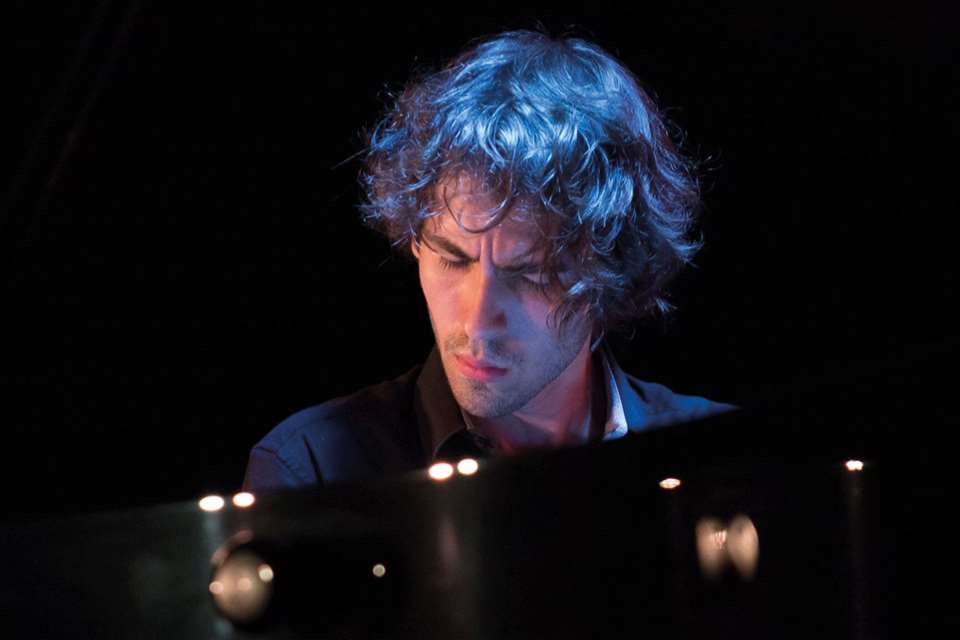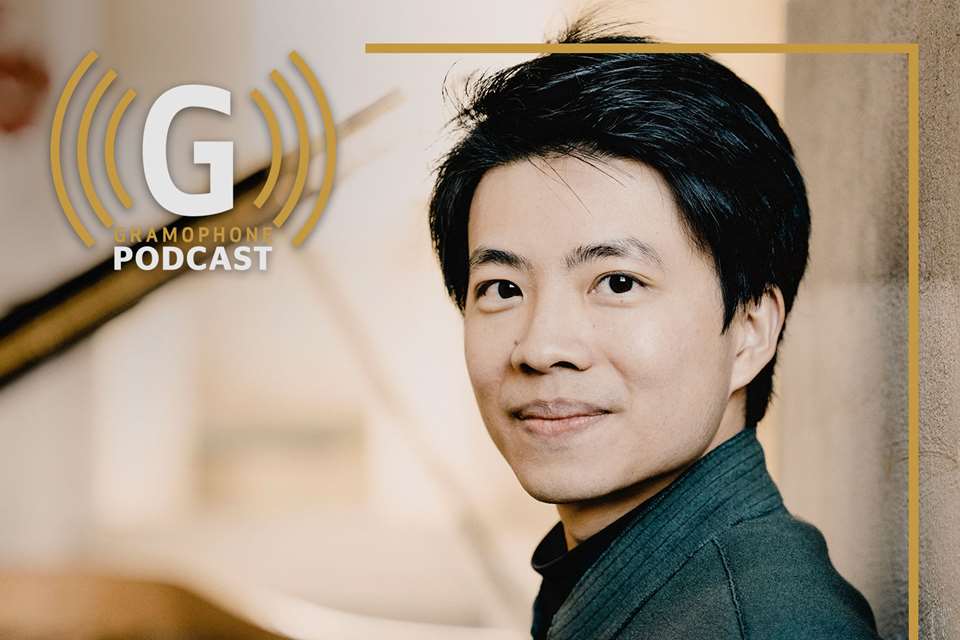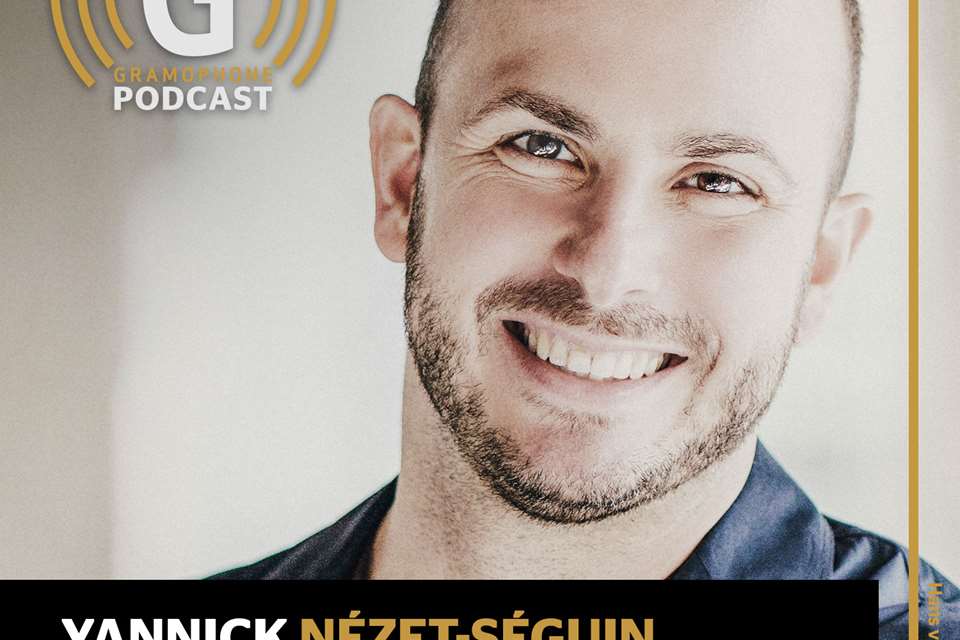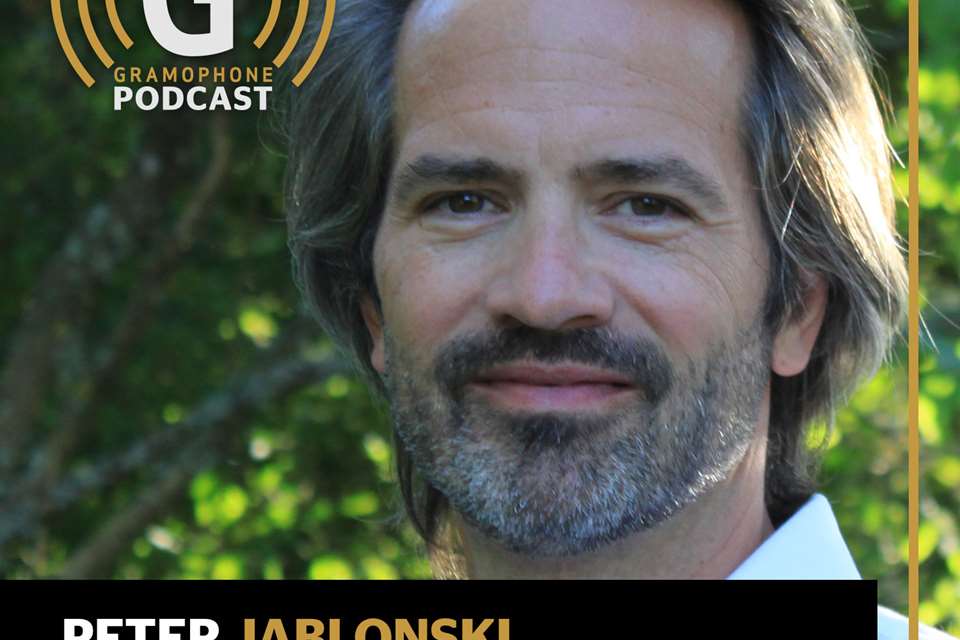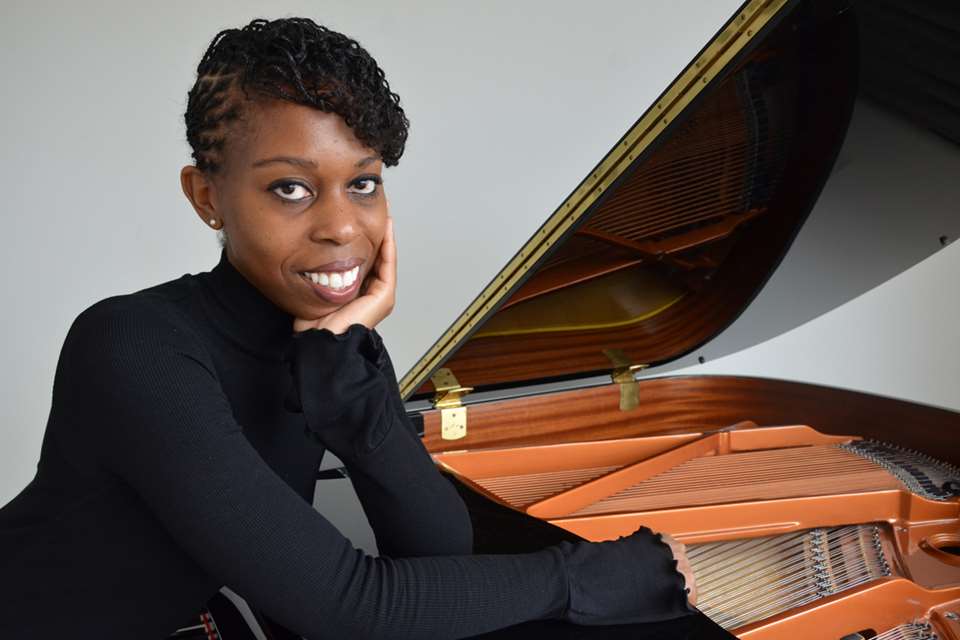Norma Fisher on her early success as a concert pianist, and how a rare neurological condition changed everything
Michelle Assay
Tuesday, June 7, 2022
Piano prodigy turned influential teacher Norma Fisher’s performing prowess is once more being recognised thanks to the series of historic BBC recordings
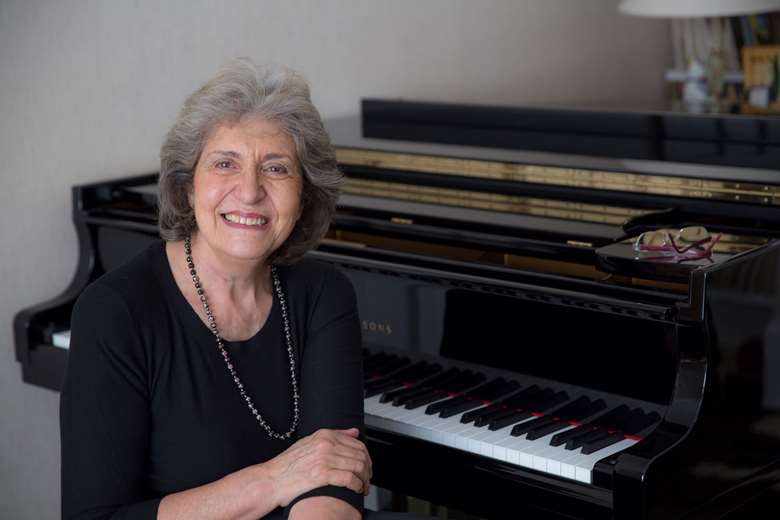
Register now to continue reading
Thanks for exploring the Gramophone website. Sign up for a free account today to enjoy the following benefits:
- Free access to 3 subscriber-only articles per month
- Unlimited access to our news, podcasts and awards pages
- Free weekly email newsletter




